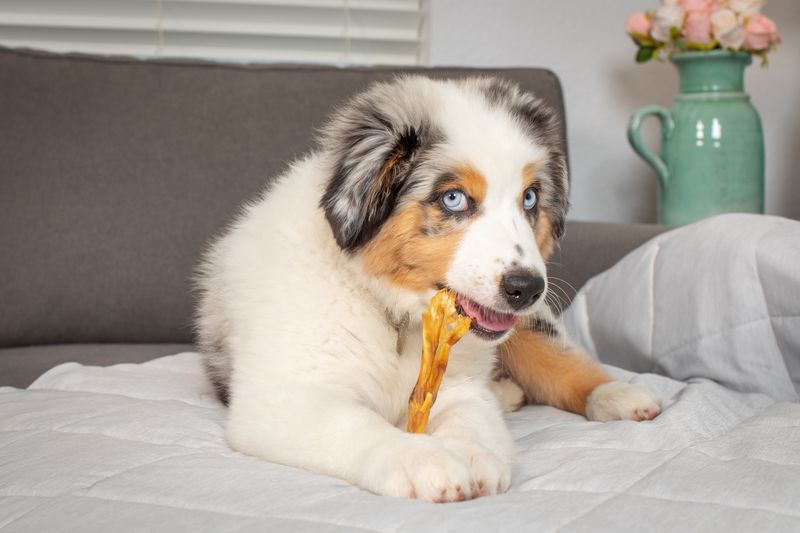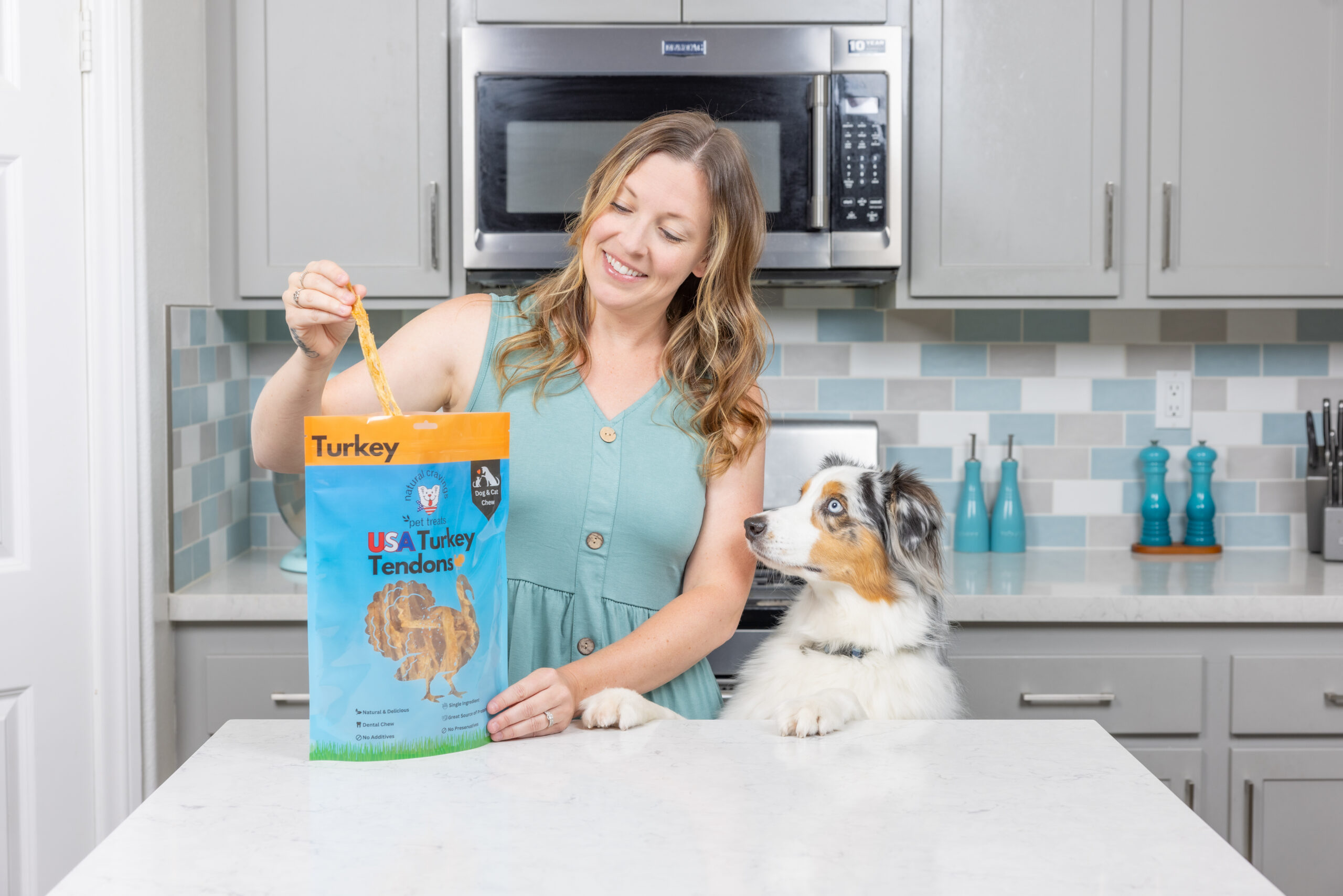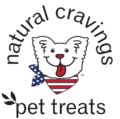Dogs are cherished members of our families, and their health and well-being are of utmost importance. One common issue many dog and puppy owners face is anal gland problems. These small sacs located on either side of your dog’s anus can cause significant discomfort if not properly cared for. Understanding the signs and natural solutions can help your furry friend stay healthy and happy.

What Are Anal Glands?
Anal glands, or anal sacs, are small glands located on either side of a dog’s anus. These glands produce a smelly, oily substance that is used for marking territory and communication. Normally, the fluid is expelled when your dog defecates, but sometimes the glands can become blocked or infected, leading to discomfort and other health issues.
Common Signs of Anal Gland Issues
It’s crucial to recognize the signs of anal gland problems early. Here are some common symptoms to watch for:
- Scooting: If your dog is dragging its bottom along the ground, it might be trying to relieve discomfort from full or impacted anal glands.
- Licking or Biting: Excessive licking or biting at the anus is another common sign of anal gland issues.
- Swelling or Redness: Visible swelling or redness around the anus can indicate an infection or impaction.
- Foul Odor: An unusually strong and unpleasant smell can emanate from infected anal glands.
- Difficulty Defecating: Straining or discomfort while defecating can also signal a problem.
Natural Solutions for Anal Gland Issues
While severe cases may require veterinary intervention, there are several natural remedies and preventive measures that can help manage and alleviate anal gland issues in dogs.
- High-Fiber Diet
- Adding fiber to your dog’s diet can help bulk up the stool, making it easier for the anal glands to express naturally. Foods like pumpkin, sweet potatoes, and bran can be beneficial.
- Recipe Idea: Mix a tablespoon of canned pumpkin (not the pie filling) into your dog’s food daily. This not only adds fiber but also provides essential vitamins.
- Cartilage-Rich Chews
- Such as Natural Cravings USA Duck Feet, Angus Beef Tendons, and Turkey Tendons, these are essential as long lasting chews that also serve as natural solutions as when they are excreted in the dog’s fesses they aid in the natural expression of the anal glands.
- Give one or two daily as a prevention method.
- Regular Exercise
Regular physical activity promotes healthy bowel movements and can aid in the natural expression of anal glands. Ensure your dog gets adequate exercise daily.
Tip: Incorporate activities like walking, running, or playing fetch into your dog’s routine.
- Probiotics
- Probiotics can improve gut health and promote regular bowel movements, which can help prevent anal gland issues.
- Product Suggestion: Look for high-quality probiotic supplements designed specifically for dogs.
- Warm Compress
- Applying a warm compress to the area can help soothe discomfort and promote drainage. Use a clean cloth soaked in warm water and hold it gently against your dog’s anus for a few minutes.
- Procedure: Repeat this process a few times daily if your dog is showing signs of discomfort.
- Omega-3 Fatty Acids
- Omega-3 supplements can reduce inflammation and promote overall skin and coat health, potentially reducing anal gland problems.
- Source: Fish oil or flaxseed oil can be excellent sources of omega-3 fatty acids.
Prevention Tips
Preventing anal gland problems is always better than treating them. Here are a few preventive measures to keep in mind:
- Regular Check-ups: Regular veterinary check-ups can help detect and address anal gland issues early.
- Healthy Diet: Ensure your dog is on a balanced diet that promotes healthy digestion.
- Hydration: Adequate water intake is essential for overall health, including maintaining healthy anal glands.
- Weight Management: Keep your dog at a healthy weight, as obesity can contribute to anal gland problems.
- Cartilage-Rich Chews: Offer these daily as a preventative measure and to keep your dog’s anal glands in optimal health and of course those pearly whites clean!
Conclusion
Anal gland issues can be uncomfortable for your dog, but with the right natural solutions and preventive measures, you can help your furry friend stay healthy and happy. Always consult your veterinarian before trying new remedies or if your dog shows signs of severe discomfort or infection. By taking proactive steps, you can ensure your dog’s anal glands function properly and prevent future problems.

